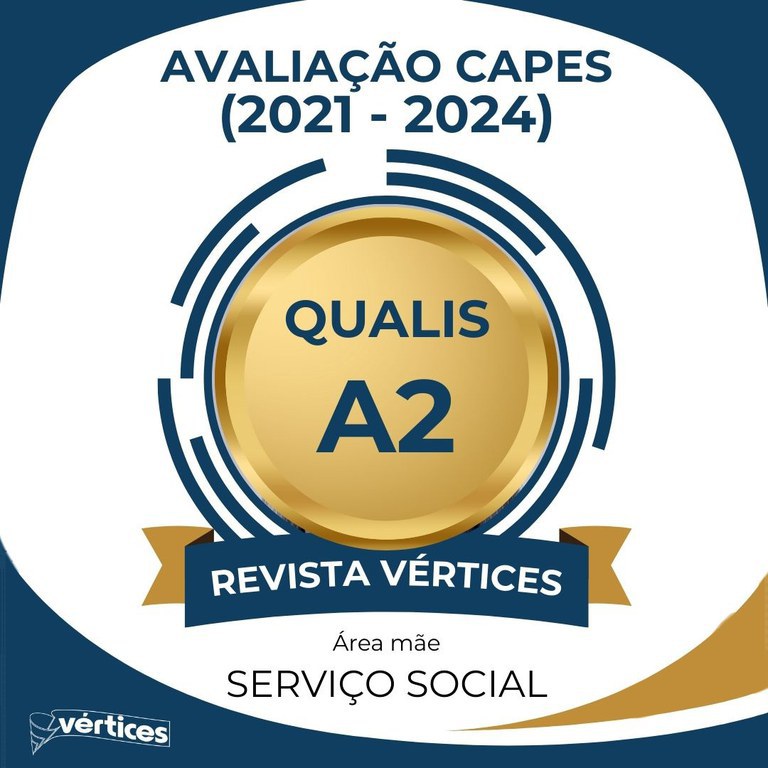Digital games and Blended Learning in language learning: a case study with high school students
DOI:
https://doi.org/10.19180/1809-2667.v19n12017p25-34Keywords:
Blended Learning, Languages, Digital gamesAbstract
Contemporary language teaching can turn to a tool provided by the development of digital technologies - digital games. This resource is used by the vast majority of students, and its attractive features allow for meaningful learning. This method can be classified as Blended Learning since students use games to learn without the physical presence of the teacher, but still favor face-to-face learning. To verify digital games as a tool for teaching languages and for Blended Learning, a questionnaire created in Google Forms was shared with 67 interviewees with four questions related to the theme. It is a quantitative research supported by the contributions of Kenski (2007), Mattar (2011), Mendes (2011), Prensky (2012), and Tori (2010). among others.Downloads
References
ALLAN, Luciana. Escola.com: como as novas tecnologias estão transformando a educação na prática. Barueri, SP: Figurati, 2015.
KENSKI, Vani Moreira. Educação e tecnologias: O novo ritmo da informação. Campinas, SP: Papirus, 2007.
LIMA, Marcos Túlio da Silva. Jogo Digital como ferramenta de apoio ao ensino aprendizagem de língua estrangeira moderna para crianças. In: SBIE, 2007. Anais... p.146-149. Disponível em:< http://www.br-ie.org/pub/index.php/sbie/article/view/643/629> Acesso em 12 maio 2016.
MATTAR João. Guia de educação á distância. São Paulo: Cengage Learning, 2011. Portal Educação.
MENDES, Thiago G. Jogos digitais como objeto de aprendizagem: apontamentos para uma metodologia de desenvolvimentos. Disponível em<http://www.sbgames.org/sbgames2011/proceedings/sbgames/papers/art/full/92067.pdf>. Acesso em: 22 nov.2015.
PRENSKY, Marc. Aprendizagem baseada em jogos digitais. Tradução de Eric Yamagute; revisão técnica de Romero Tori e Denio Di Lascio. São Paulo: Editora Senac São Paulo, 2012.
SANTANA, Bianca. Materiais didáticos digitais e recursos educacionais abertos. In: SANTANA, Bianca; ROSSINI, Carolina; PRETTO, Nelson De Lucca (Org.). Recursos Educacionais Abertos: práticas colaborativas políticas públicas. 1. ed., 1 imp. Salvador: Edufba; São Paulo: Casa da Cultura Digital, 2012.
TORI, Romero. Educação sem distância: as tecnologias interativas na redução de distâncias em ensino e aprendizagem. São Paulo: Editora Senac São Paulo, 2010.
TUMOLO, Celso. Recursos digitais e aprendizagem de inglês como língua estrangeira. Ilha do Desterro, Florianópolis, n. 66, p.203-238, jan./jun. 2014. Disponível em: < https://periodicos.ufsc.br/index.php/desterro/article/view/2175-8026.2014n66p203/27363>. Acesso em: 12 maio 2016.
Downloads
Published
Issue
Section
License
The authors of the manuscript submitted to Vértices, hereby represented by the corresponding author, agree to the following terms:
The authors retain the copyright and grant Vértices the right of first publication.
At the same time the work is licensed under the Creative Commons Attribution 4.0 International License, allowing third parties to copy and redistribute the material in any medium or format and to remix, transform, and build upon its content for any legal purpose, even commercially, provided the original work is properly cited.
Authors will not receive any material reward for the manuscript and Essentia Editora will make it available online in Open Access mode, through its own system or other databases.
Authors are authorized to enter into additional contracts separately for non-exclusive distribution of the version of the work published in Vértices (eg, publish in institutional repository or as book chapter), with acknowledgment of authorship and initial publication in this journal.
Authors are permitted and encouraged to disseminate and distribute the post-print (ie final draft post-refereeing) or publisher's version/PDF at online information sources (eg, in institutional repositories or on their personal page) at any time after the first publication of the article by Vértices.
Essentia Editora may make normative, orthographic and grammatical changes in the originals in order to maintain the standard language, with the final consent of the authors.
The content and opinions expressed in the manuscript are the sole responsibility of the author (s).
























1.png)



